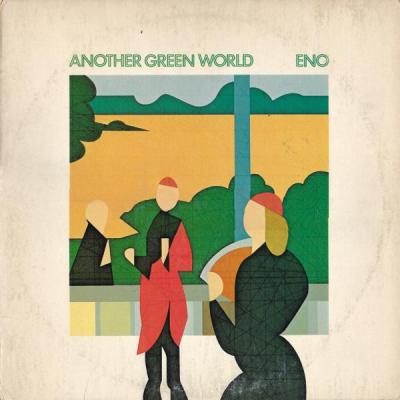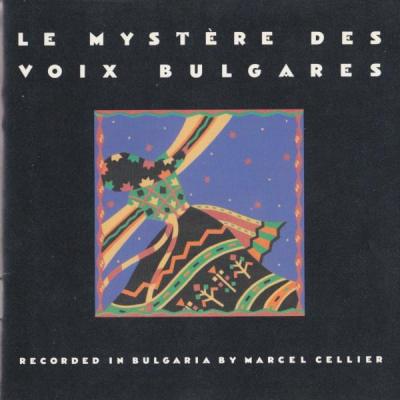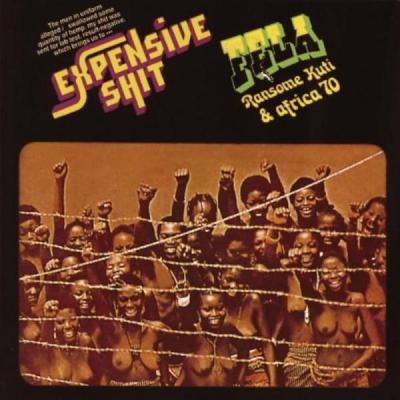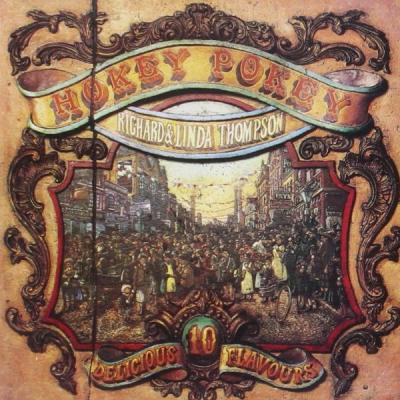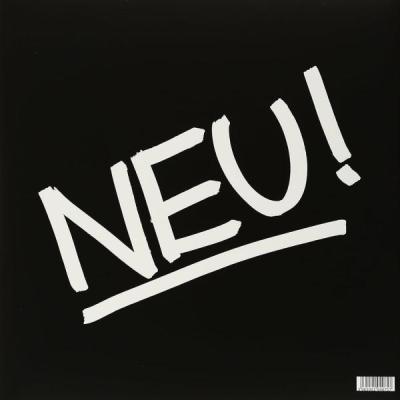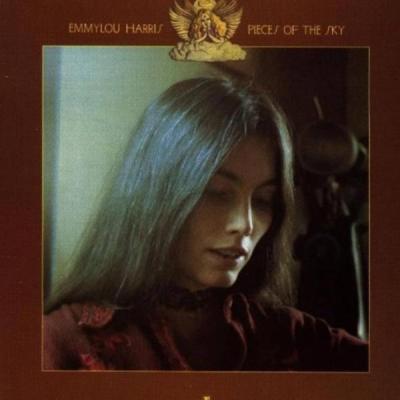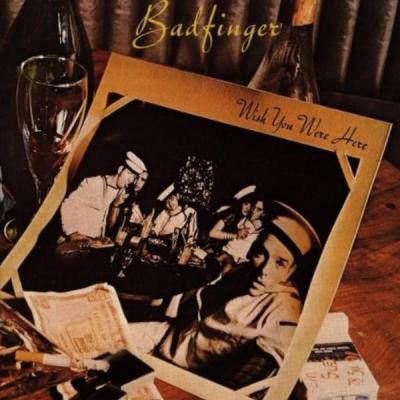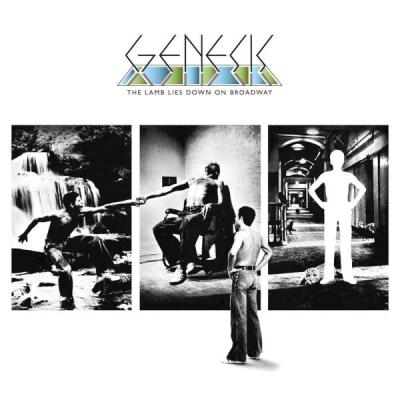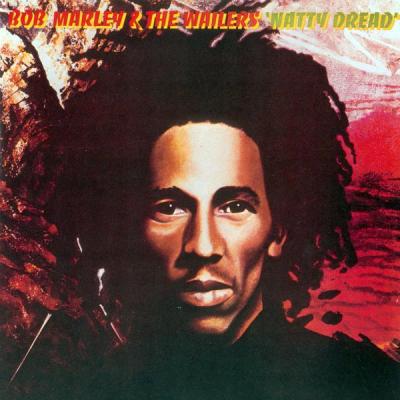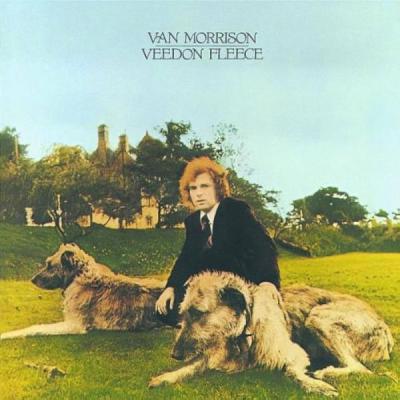

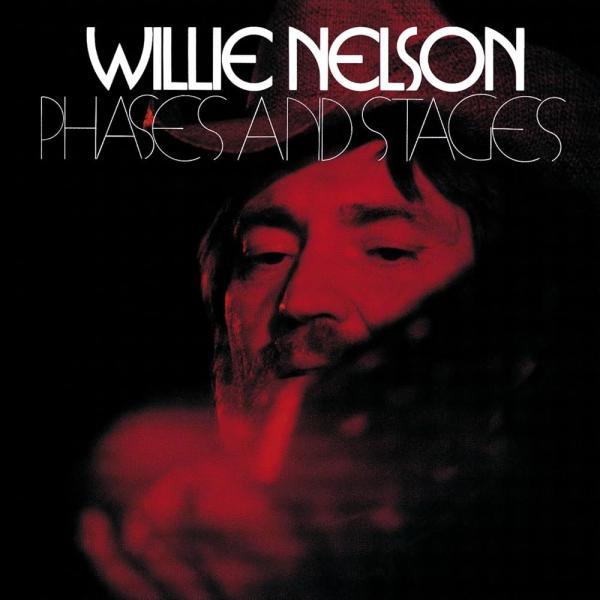
Willie Nelson: Phases and Stages
Album #190 - March 1974
Episode date - August 21, 2024
The arc of Willie Nelson’s career was far from ordinary, so it is worth encapsulating some of his early history, long before he became a household name.
He was born and raised in various parts of Texas and quickly developed a talent for songwriting, but it never seemed to bring him anything significant in terms of fame or money. In 1960, Nelson traveled to Nashville, which is what just about every country-western singer/songwriter did back in those days. Nashville was the machine that held the formula for success, and if you played the game right, you stood a good chance at achieving some level of fame, provided you had the producers and publishing hotshots on your side.
Willie Nelson composed a few songs that became very big hits for others, most notably Faron Young with “Hello Walls,” Ray Price with “Night Life” and Patsy Cline with “Crazy”, which led to a recording contract with Liberty. His time with Liberty was short-lived, as he’d been offered a contract with RCA Records. Chet Atkins virtually ran the Nashville division of RCA, and he took over production of Nelson’s music for the next decade. Nelson remained patient, and did exactly as he was told, but Nashville’s cookie-cutter approach simply didn’t suit him and so he retired from music and moved to Austin circa 1972. Stylistically speaking, Austin was about as far away from Nashville as you could get. At the time it was becoming a hippie enclave, and Nelson suddenly felt free to let his hair grow, stop wearing suits and be what he wanted to be, rather than what he was told.
At this time, Atlantic Records was diversifying, adding rock and roll to its roster with great success, so it seemed to make sense to move into Country music as well. Jerry Wexler was only too happy to have Willie Nelson on Atlantic Records, and Nelson decided to once again join the fray and try his hand at the music business. This time, free of the shackles of Nashville, he more or less restyled himself as a country-hippie troubadour, an ‘outlaw’ who did things his own way.
In this fashion he released two excellent albums with Atlantic before they came to realize that they knew next to nothing about country music and decided to cut all ties with their country music division. Wexler was appalled and fought to keep Nelson, but the label heads (notably Ahmet Ertegun) refused, causing a standoff that led to Jerry Wexler’s resignation from Atlantic. As the story goes, Nelson would next move to Columbia, and the ‘outlaw’ movement went viral. Nelson became a figurehead that united rednecks and hippies under the same banner, a position that he held for the rest of his life.
Before the term ‘outlaw music’ took hold, though, Nelson struggled to sell records for Atlantic. In a sense, he was a shapeshifter, but moving the bar for country music to an entirely new area was not easy, considering the overwhelming power held by the Nashville elite. His first Atlantic release, “Shotgun Willie,” was a statement of purpose that stood firmly defiant to all that Nashville stood for. He appeared on the album cover with long, shaggy hair and a scraggly beard. The album was a mixed bag of originals and cover songs, impressive by any standard but immediately eclipsed by its follow-up.
“Phases and Stages,” was a theme album, produced by Jerry Wexler, that tells the tale of a divorce. Perfect for the vinyl era, side one tells the story from the woman’s perspective, while side two takes the man’s side. Some of Nelson’s saddest material appears here (“I Still Can’t Believe that You’re Gone” and “It’s Not Supposed to Be That Way” are guaranteed to turn on the water works), but it is enlivened by classic upbeat material such as “Bloody Mary Morning,” “Heaven and Hell” and “Down At the Corner Beer Joint.” The album has gotten lost in Nelson’s subsequent legacy, but for a short while, it seemed possible that Atlantic Records could (should) have made Nelson a crossover artist.
Featured Tracks:
Phases and Stages (Theme) / Washing the Dishes
Phases and Stages (Theme) / "Walkin'
Pretend I Never Happened
Sister's Coming Home / Down at the Corner Beer Joint
(How Will I Know) I'm Falling in Love Again
Bloody Mary Morning
Phases and Stages (Theme) / No Love Around
I Still Can't Believe You're Gone
It's Not Supposed to Be That Way
Heaven and Hell
"Phases and Stages (Theme)" / "Pick Up the Tempo" / "Phases and Stages (Theme)
March 1974 – Billboard Did Not Chart
Related Shows


